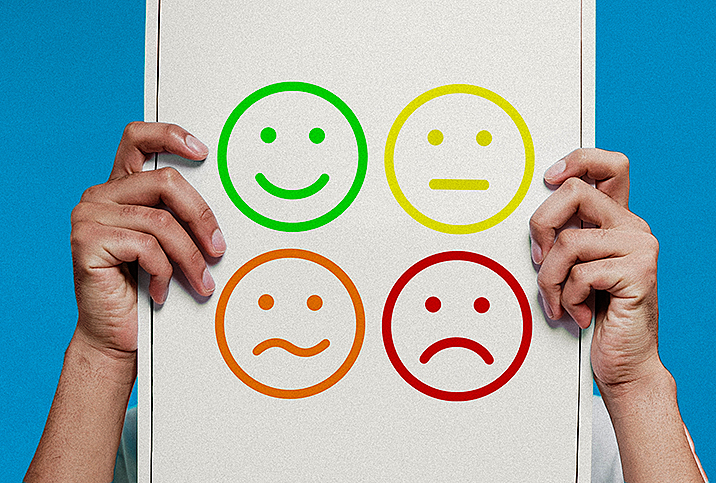How to Spot the Warning Signs of an Abusive Relationship

At the beginning of a relationship, savvy abusers can make you feel like you've discovered the love of your life. Abusers may overcompensate for controlling tendencies by going above and beyond with a show of romance and attentiveness, including expensive gifts, over-the-top dates and a desire to become involved in every aspect of your life.
If you begin to feel a growing obligation to include your partner in all of your activities or reciprocate their intense attachment and "generosity," it's possible you're in the early stages of an abusive relationship. Survivors of abuse often describe the beginning of the abusive relationship as a whirlwind that moved too fast for them to process or address red flags. In a healthy relationship, you should feel permitted to set boundaries, slow things down or take time for yourself, especially when you've been together for only a few weeks or months.
Although these factors are not always clear indicators, individuals who don't have their own friends and interests, or who seem to blame everything on someone else (their boss, landlord, parents and so on), may be more likely to exhibit abusive behavior in relationships. Signs of stalking, road rage, trouble holding down a job or the inability to maintain friendships are typical of people with abusive tendencies. If you feel pressured to commit too much too soon, listen to your gut.
How abusive relationships progress
Eventually, an abuser's behavior will progress from interest in your life to a desire to know everything you're doing from one second to the next. Abusers reveal their lack of trust and need for control by micromanaging your day, expecting minute-by-minute updates, and discouraging or forbidding you from spending time without them. Any attempts to pull away or set healthy limits on your privacy are met with accusations, shaming or anger.
Intense mood swings, constantly assigning blame and jealousy are unhealthy traits that can lead to physical violence. Abusers may show up unexpectedly to keep you off-balance and in a constant state of alertness. There's a glaring double standard in abusive relationships. When your partner enjoys a right to privacy and freedom, but you don't, something is wrong. Mutual respect should be a given at every stage of a relationship.
How to get help
Healthy relationships require a balance of give and take. A successful relationship cannot be one-sided. Learning to recognize the difference between love and control is paramount to identifying abuse. Abusers work hard to isolate their partner from family and friends, creating a barrier to seeking necessary help. However, resist feeling stuck or "too far in" to walk away from an abuser. The sooner you leave an abusive situation, the better.
Options to escape from an abusive relationship include calling a hotline or visiting these linked resource centers listed by state. Let a trusted friend or family member know about your abuse, and create an escape plan that helps you feel ready to leave at a moment's notice. Setting aside cash and getting a second cellphone, if possible, are two moves you can make that provide you with a lifeline when it's time to flee.
If you're in immediate danger, call 911. Let emergency responders know about your situation and ask for help. For more details on how to escape domestic violence, this helpful guide can point you in the right direction.
















